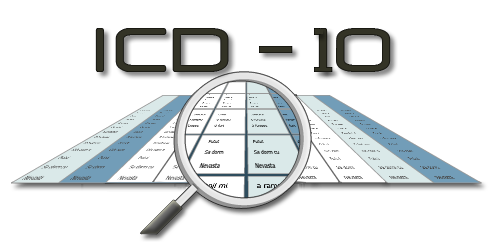ICD-9 to ICD-10
ICD-10 Transition Information
Why is ICD-10 important? Unlike the usual annual updates of ICD-9 codes, the ICD-10 codes are quite different from their previous iterations. Because ICD codes are used in almost every clinical and administrative process in a health care setting, substantial system and procedural changes will be necessary to implement and correctly use the new codes.
The ICD-10 compliance deadline is October 1, 2015. It’s the official transition from ICD-9 medical billing codes and contains updated diagnosis and inpatient codes. Outpatient procedures are unaffected. Everyone who is covered by HIPAA is affected, even pharmacies and healthcare providers who do not deal with Medicare claims.
We can help you handle this quickly & confidently!
Check to ensure that the software you have (or are looking to purchase) has either a clearly defined upgrade path, or is already compliant with the new coding standard. The most efficient way to achieve this is through report remediation. We can evaluate your facilities’ current catalog of reports to identify the ones that are affected by the new implementation. Once we’ve identified the affected reports, we make any necessary changes and work with you through user acceptance testing. This will ensure a smooth and painless transition to ICD-10 come October 2015.
We also meet a full range of planning and assessment needs, and can assist with training, updating processes, engaging vendors, and completing internal and external testing.
The updated code sets will allow, and in fact will require, significant changes in the way health plans reimburse services, and in the way coverage of services is determined. ICD-10 will enable significant improvements in care management, public health reporting, research, and quality measurement.

